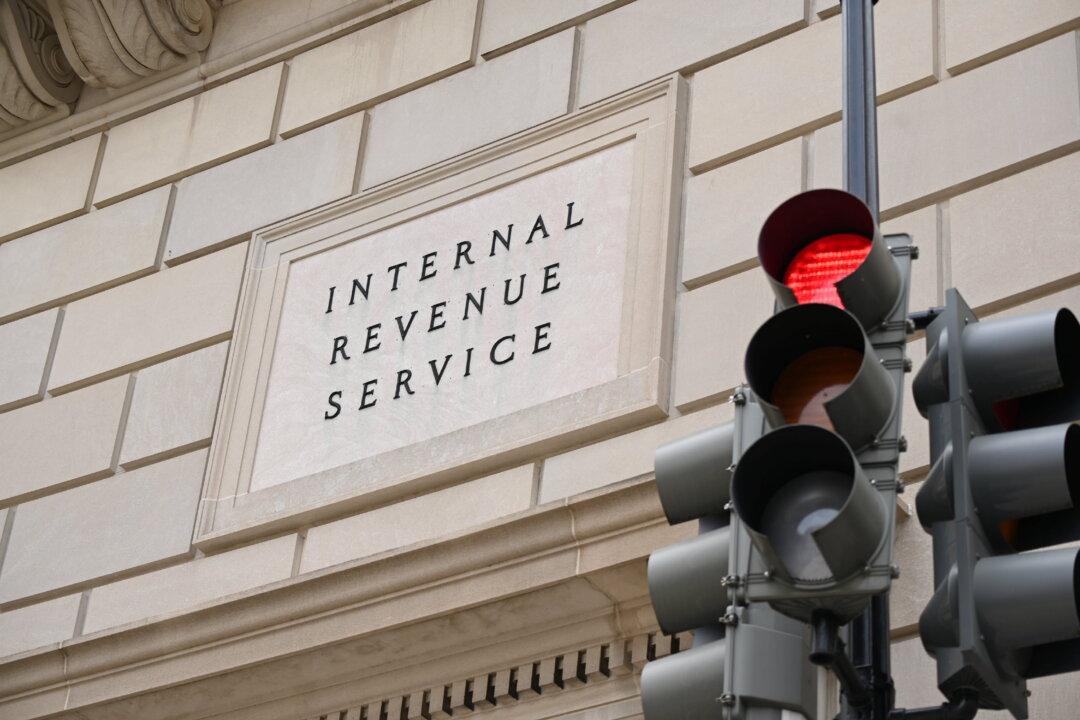The Internal Revenue Service (IRS) has issued a warning that inaccurate or misleading tax information is circulating on social media that lures otherwise honest taxpayers into “compromising tax situations” which can lead to legal problems.
As part of its “Dirty Dozen” series of warnings for taxpayers during tax-filing season, the IRS stated in a press release that the agency has seen several examples of bad tax advice spreading among social media users.





